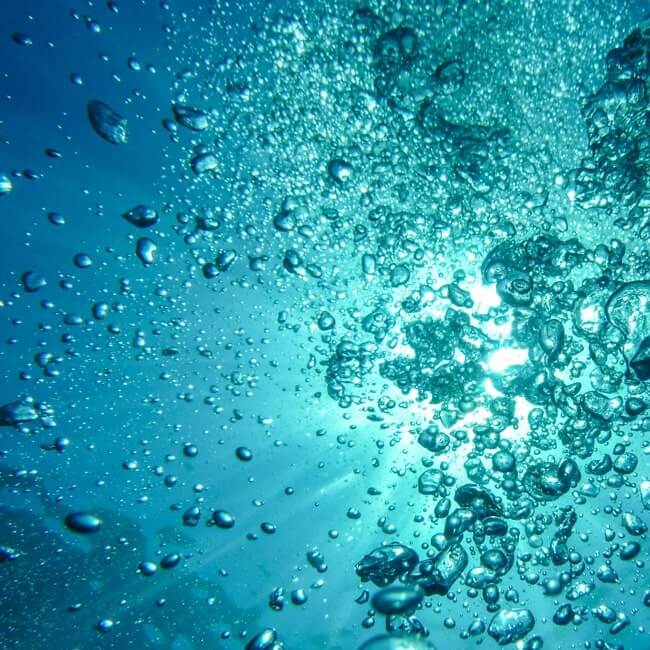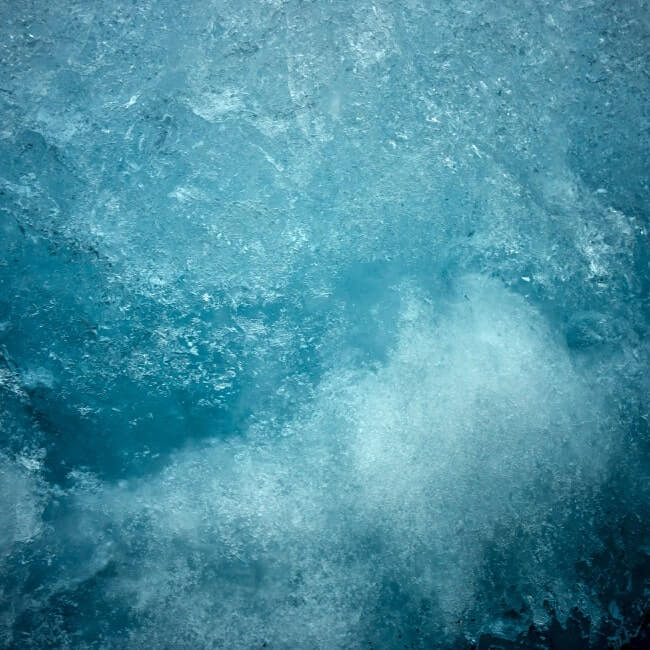Mexicans' NASA space water recycling tech could have terrestrial applications

Edgar González Zaleta is one of two Mexicans students that were accepted to take part in a program at NASA's Ames Research Center to develop water recycling technologies for space with potential applications on Earth.
Zaleta, student from the Universidad Tecnológica de Altamira in Tamaulipas border state, tells BNamericas from NASA that he will be working in the program advanced life support system, which include all systems and technologies required to keep astronauts alive in space.
BNamericas: What does this water project at NASA consist of?
Zaleta: The project is called advanced life support system and it consists of developing technologies that serve to maintain natural resources for a long time in space, such as recycling of water, air and waste, to avoid having to be constantly sending these resources into space, which generates very high costs for missions.
And these technologies have important applications on Earth, such as water recycling. With these technologies that we are going to develop we'll be able treat highly contaminated water so it's perfectly clean to drink.
This technology would be pretty useful in remote locations because they will only use filters [to treat the water] and the intention is to use the least amount of energy possible.
The aim is to create low-cost technologies that can be used so that, on a single mission, the astronauts can stay in space for a longer period of time.
BNamericas: What kind of water can be recycled in space?
Zaleta: When I talk about recycling water I mean substances that contain water, which can be waste from astronauts, such as urine.
The technologies that we're going to develop will help waste products pass through a filter, which will convert it into perfectly clean water for consumption.
BNamericas: How could this technology be applied in Mexico?
Zaleta: It could be used in places where there isn't any technology to purify water. This project only needs filters to treat water, which don't require mechanical energy to operate; the chemical processes within the filter does the job of cleaning the water.
BNamericas: It is expensive to recycle water in space?
Zaleta: I don't know how much water an astronaut consumes in space, as I don't have access to that information, but I do know that it's expensive, and because of this problem the need to create this type of technology has come about.
It is so difficult to have water in space due to the different conditions there, and NASA is forced to send more water and that is extremely expensive.
The research is due to be conducted out between January 9 and April 28, 2017, with 40 hours of work per week.
BNamericas: How do you see the outlook for Mexico in terms of access of water?
Zaleta: I think it looks quite difficult. There are currently a lot of areas which are having problems due to the high cost of water, and in seasons like these, where there are cyclones, things become complicated because of there's less access to water.
I would like that this project to become better known and disseminated so that other young people have an interest in maintaining these vital resources, to which not enough attention has been given.
Subscribe to the leading business intelligence platform in Latin America with different tools for Providers, Contractors, Operators, Government, Legal, Financial and Insurance industries.
News in: Water & Waste (Mexico)

Gas pipeline reinforcements stymie works on Mexico's La Libertad dam
The works to bolster the gas line are essential to avoid cracking due to water pressure, according to Juan Ignacio Barragán Villarreal, head of sta...

'Desal plants are Mexico’s water solution'
Cipro will supervise the PPP to improve water efficiency in Cabo San Lucas resort city in Baja California Sur state.
Subscribe to Latin America’s most trusted business intelligence platform.
Other projects in: Water & Waste (Mexico)
Get critical information about thousands of Water & Waste projects in Latin America: what stages they're in, capex, related companies, contacts and more.
- Project: La Libertad Dam
- Current stage:

- Updated:
2 months ago
- Project: El Zapotillo Dam
- Current stage:

- Updated:
2 months ago
- Project: Expansion of Irrigation District 018 of the Yaqui People
- Current stage:

- Updated:
2 months ago
- Project: Los Cabos desalination plant, Baja California Sur (Cabo San Lucas desalination plant)
- Current stage:

- Updated:
2 months ago
- Project: Repowering Service Project for Generators 1, 2 and 3 of the Ing. Carlos Ramírez Ulloa "El Caracol" Hydroelectric Plant
- Current stage:

- Updated:
2 months ago
- Project: Jalpa Tabasco garbage incineration plant
- Current stage:

- Updated:
3 months ago
- Project: Desalination Plant Mar de Cortés - Puerto Peñasco
- Current stage:

- Updated:
3 months ago
- Project: La Paz desalination plant
- Current stage:

- Updated:
3 months ago
- Project: Milpillas reservoir
- Current stage:

- Updated:
3 months ago
- Project: Construction of the Dulces Nombres WWTP emitter to the Marte R. Gómez dam
- Current stage:

- Updated:
3 months ago
Other companies in: Water & Waste (Mexico)
Get critical information about thousands of Water & Waste companies in Latin America: their projects, contacts, shareholders, related news and more.
- Company: Comisión Estatal del Agua de Baja California (CEA Baja California)
-
Mexican water authority Comisión Estatal del Agua (CEA) is a government agency responsible for regulating Baja California state's water and sewerage industry, and promoting wate...
- Company: MSI Grupo
- Company: Consorcio Cadebac S.A., de C.V.





